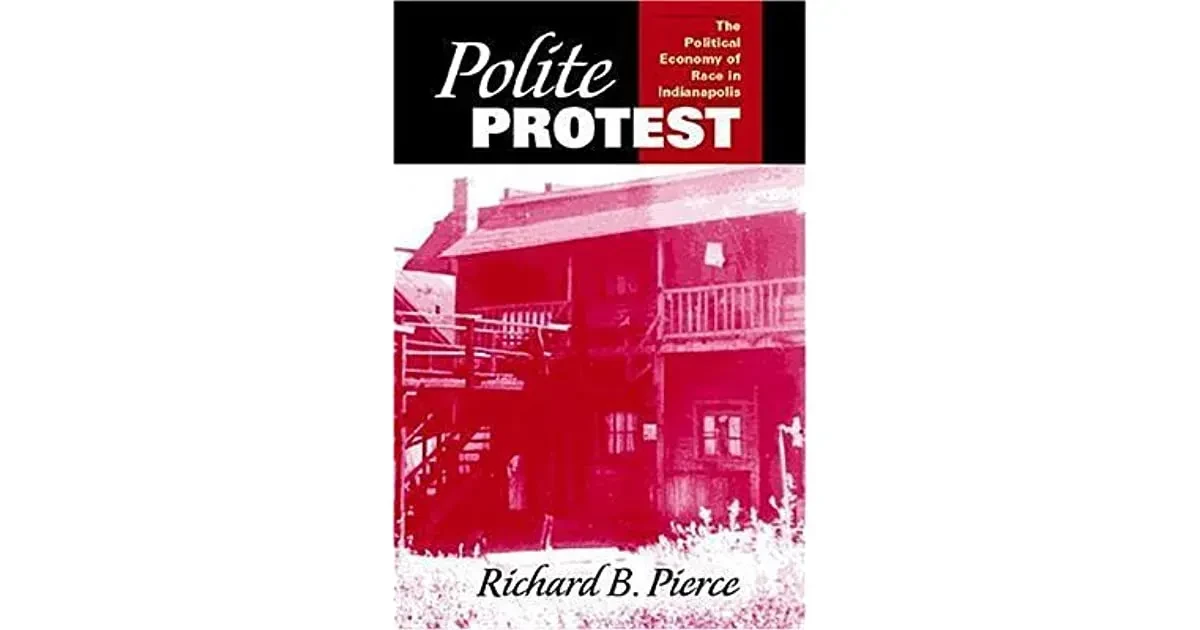#GoodRead of the week:
The Political Economy of Race in Indianapolis by Pierce, Richard B.
This history of the black community of Indianapolis in the 20th century focuses on methods of political action—protracted negotiations, interracial coalitions, petition, and legal challenge—employed to secure their civil rights. These methods of “polite protest” set Indianapolis apart from many Northern cities. Richard B. Pierce looks at how the black community worked to alter the political and social culture of Indianapolis. As local leaders became concerned with the city’s image, black leaders found it possible to achieve gains by working with whites inside the existing power structure, while continuing to press for further reform and advancement. Pierce describes how Indianapolis differed from its Northern cousins such as Milwaukee, Chicago, and Detroit. Here, the city’s people, black and white, created their own patterns and platforms of racial relations in the public and cultural spheres.
